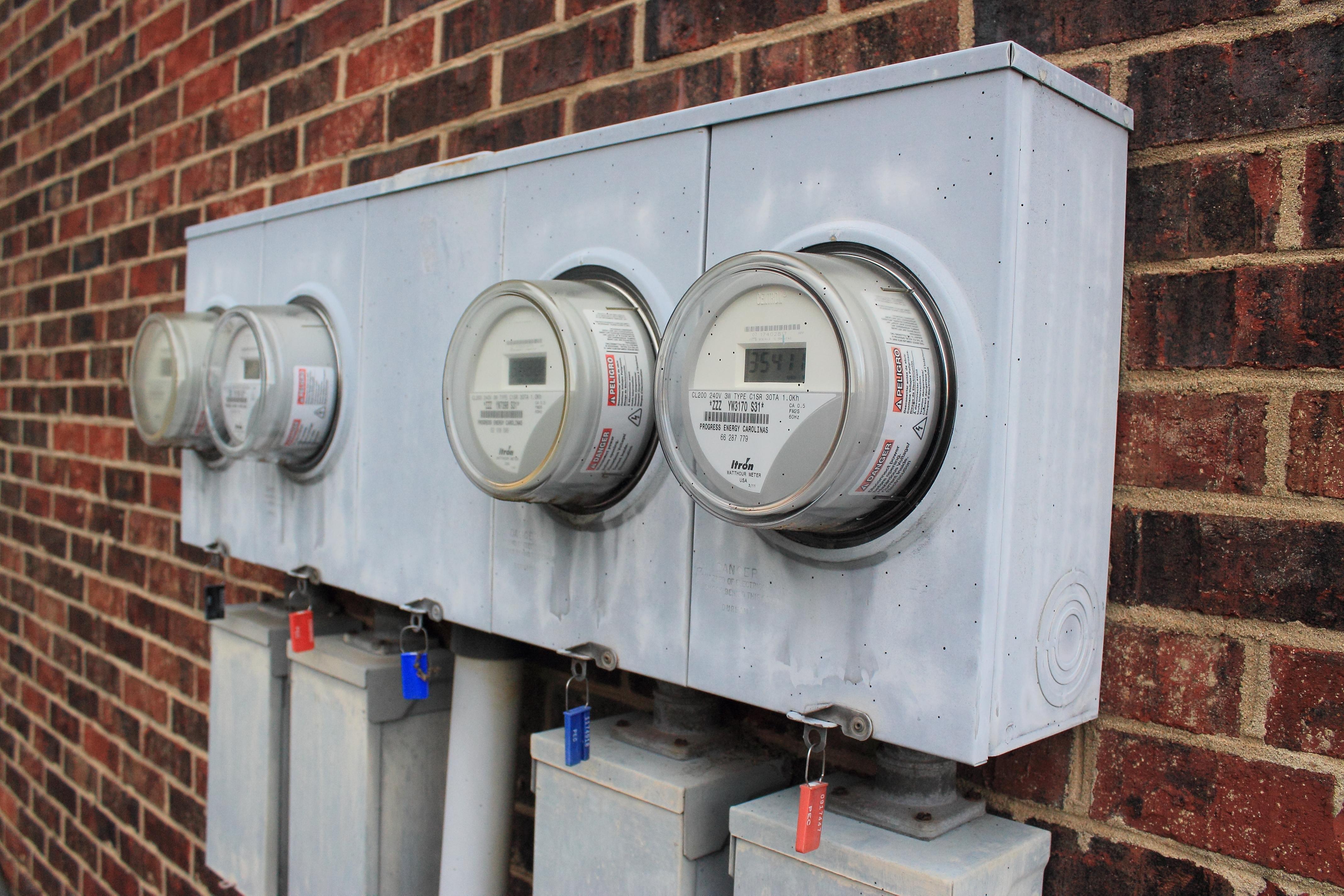Management theory says, “Stick to what you know. Don’t stray from you core business.” That’s all well and good, but what happens when the core is changing and it’s no longer a reliable source of profit and continuity?
At the top of my list of companies that didn’t make changes fast enough is one that is still around, but is far different from the ubiquitous giant it used to be: Western Union.
Until change swept away its core business, this was the company that had an iron grip on the business of leased wires, cables and telegrams. Western Union was the communications giant of its day, but it was overwhelmed by disruptive technology — technology it failed to grasp.
Gone are the days when it was a household word and anyone who wanted to move anything electronically, from newspaper copy to birthday wishes, used Western Union. Today it’s a money transfer service.
Western Union could not have foreseen the Internet, but it could’ve grasped it. What’s more, the telegraph business began to falter just about the time the overnight package business exploded.
So here’s the question: Why didn’t Western Union, which already blanketed the country with offices and messengers, gravitate to the parcels delivery business?
The answer is that the history of old-line companies adjusting to new realities is not good. Being willing to change and changing are not the same thing.
These are issues that are beginning to buffet the nation’s electric utilities, as they face the disruptive effects of new technologies. So far the winds of change are blowing lightly, just a zephyr.
A conference in Washington on April 9-10, organized by Public Utilities Fortnightly, will examine the issue of the disruptions that are transforming the industry. Ken Silverstein, editor in chief, says, “My own research is showing that people at all levels of all utilities are thinking about the new energy paradigm. But thinking about it and acting are two different things. Some utilities are really moving aggressively, and others are far more deliberate in their approach.”
The immediate agents of change encroaching on the electric utilities are rooftop solar, installed by homeowners, and microgrids, where a group of alternative generators are linked together and hook into the utility grid as one entity.
Rooftop solar generation is growing exponentially, pushed by tax advantages, politics and the preference of individuals to embrace green alternatives. Large vendors, such as SolarCity, have made a business of leasing rooftop collectors to homeowners. Self-generation often makes economic sense, particularly if surplus electricity can be sold back to the electric grid: a practice called “net-metering.”
But net-metering is distressing to the utilities because the self-generators have become customers of convenience and don’t contribute to the maintenance of the grid on which everyone relies. Long term this means high rates for those who can’t go solar, like apartment dwellers.
This challenge to the economics of the grid comes at a time when the utilities are implementing their own changes in the form of the so-called “smart grid,” which incorporates remote meter-reading and data collection on user habits, and offers the chance for the utilities to offer customers advantageous off-peak rates, known as “demand-side management.”
The Washington conference is likely to hear how some utilities are hoping to embrace the changes while others are hoping that regulation will save their core business.
Among those big utilities that have embraced the changes that are coming is NRG Energy, a holding company which owns two utilities, and San Diego Gas & Electric.
New players on the horizon suggest that rooftop solar may just be the beginning of what is shaking up the traditionally staid utility industry. These include Google and Tesla Motors, which are both investing in the renewable future and which may not care who they push aside.
The question for the utilities: Can they adjust fast enough to save the economics of the grid and honor their obligations to serve? They might want to ponder the words of David Lloyd George, the British prime minister, who said: “It is dangerous to leap a chasm in two bounds.”

 Follow
Follow
Leave a Reply